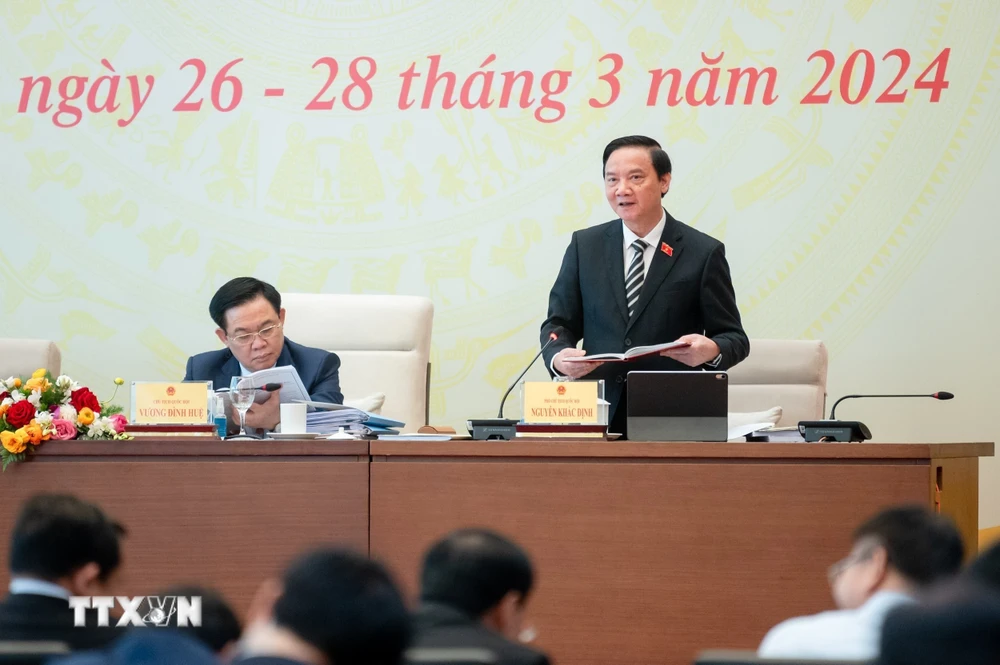
On the afternoon of March 26, at the National Assembly House, continuing the program of the 5th Conference of National Assembly Deputies working full-time, delegates discussed and gave opinions on the Draft Law on Organization of People's Courts (amended).
This is a large law project, with many new policies and regulations on the organization and operation of the People's Court, related to the organization and operation of a number of agencies and related to many other laws (such as the law on the organization of a number of agencies and procedural laws).
In particular, during the discussion at the 6th Session, delegates' opinions were still different on the innovation of the Provincial People's Court and District People's Court according to jurisdiction.
According to the report of the Judicial Committee, in the process of receiving and adjusting, the Supreme People's Court proposed to keep the provisions as in the draft Law on innovation of court organization according to trial jurisdiction in the direction of organizing provincial-level People's Courts into appellate People's Courts, and district-level People's Courts into first-instance People's Courts.
The Standing Committee of the Judiciary Committee believes that the reform of the Provincial People's Court into the People's Court of Appeal and the District People's Court into the People's Court of First Instance does not change the tasks and powers of these Courts.
The Courts are still attached to the district and provincial administrative units. The People's Court of Appeal still hears some cases at first instance.
According to the Standing Committee of the Judiciary Committee, the provisions of the draft Law do not really meet the requirements of Resolution 27 on "Improving the mechanism to overcome the situation where the relationship between Court levels is an administrative relationship, ensuring independence between trial levels";... "ensuring the independence of the Court according to the trial jurisdiction"; not consistent with other judicial agencies in the locality.
On the other hand, many related laws must be amended, especially those in the judicial field, to ensure the consistency of the legal system; compliance costs arise such as amending seals, signs, and types of document templates, etc.
Therefore, the Standing Committee of the Judicial Committee proposed to maintain the provisions of the current Law on Provincial People's Courts and District People's Courts. Regarding this content, the Supreme People's Court proposed to regulate as in the draft Law submitted to the National Assembly (People's Court of First Instance, People's Court of Appeal).
Therefore, Clause 1, Article 4 of the draft Law has 2 options to submit to the Conference of full-time National Assembly deputies for comments.
At the conference, delegate Hoang Thi Thanh Thuy ( Tay Ninh ) analyzed that this name change will lead to incompatibility with the organization of local judicial agencies such as investigation agencies, prosecutors, etc., leading to the need to amend and supplement many related laws, especially laws related to the judicial sector.
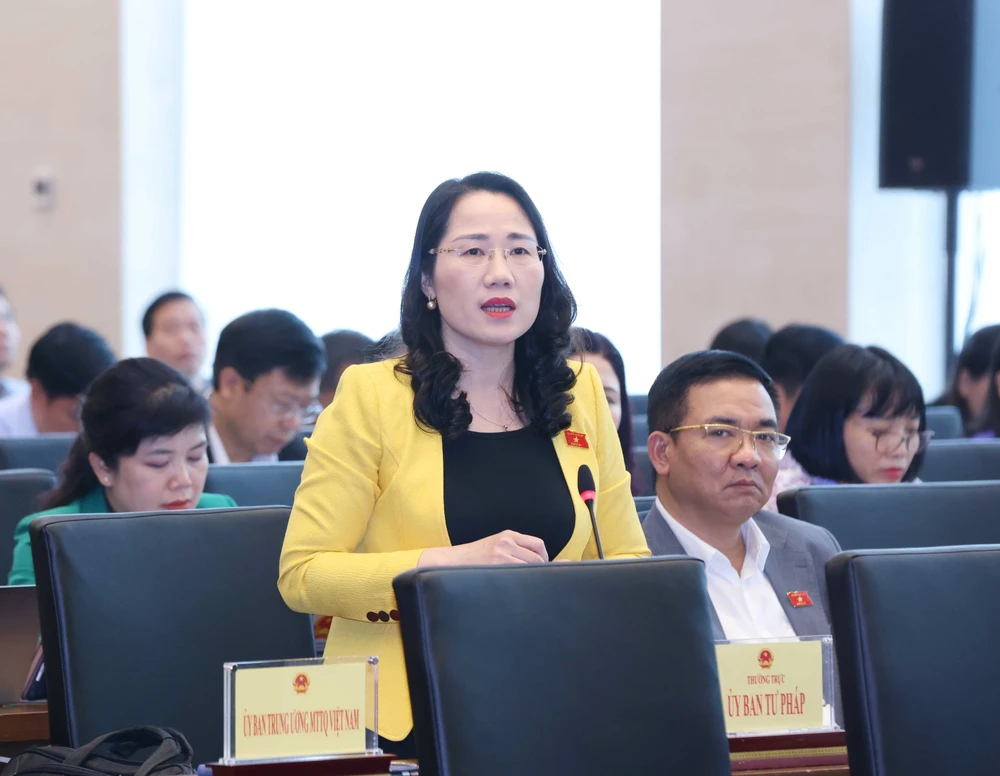
At the same time, this also incurs compliance costs such as seals, signs, documents, etc., especially regulations related to the scope, responsibilities, and powers of Courts at all levels in coordinating with local Procuracies to conduct proceedings and trials.
Sharing this view, delegate Nguyen Thi Viet Nga (Hai Duong) stated the reason that, although the names of provincial and district courts are currently associated with local administrative units, the activities of the courts are still independent from the local government apparatus. In terms of organizational structure, they are still under the management, direction and guidance of the Supreme People's Court. The work of mobilizing, appointing and rotating cadres is carried out vertically without being controlled by local authorities.
The current court system operates stably, effectively and has consistency between relevant documents in the legal system.
Delegate Do Duc Hien (Standing Member of the National Assembly's Law Committee) said that option 2 on renaming should be considered, researched, and reviewed; at the same time, he requested the drafting committee to clarify this issue.
The delegate said that the regulation on innovation of the Court organization according to jurisdiction is consistent with the policy of the Central Committee. The regulation on innovation of the Court according to jurisdiction is also a solution to raise awareness of the organization and operation of the Court in relation to the principle of independent judges and only obeying the law as recorded in the Constitution; at the same time, it overcomes the understanding that the relationship between the Courts is an administrative relationship.
"Therefore, innovation in this direction will be the premise for the Supreme People's Court to continue researching and proposing amendments and supplements to procedural laws in the direction of increasing the authority to try first-instance cases and types of cases for first-instance courts...
In addition, these regulations create conditions to promote specialization in handling special cases such as administration, bankruptcy, intellectual property...," said delegate Do Duc Hien.
Explaining at the conference, Chief Justice of the Supreme People's Court Nguyen Hoa Binh said that after receiving delegates' opinions at the 6th Session, the draft law has been revised in the spirit of innovation, approaching international standards, and expressing it coherently and scientifically.
Regarding the organization of the Court according to jurisdiction, Chief Justice of the Supreme People's Court Nguyen Hoa Binh affirmed that international experience shows that no country organizes the Court according to administrative units, but according to jurisdiction.
The name change also includes provisions on changing jurisdiction and is stipulated in the draft law, which will bring benefits in ensuring the principle of independence of the Court. This is a progressive trend, if not implemented, the opportunity to radically reform the Court will be missed...
Therefore, Chief Justice Nguyen Hoa Binh emphasized that the innovation of the Court organization according to jurisdiction is both a change of name and jurisdiction; this will bring many benefits, while still ensuring the principle of independent adjudication of the Court.
In addition, at the meeting, delegates gave their opinions on the following issues: Collection of documents and evidence in resolving criminal, administrative, civil and other cases under the jurisdiction of the Court; on Judge ranks; on participation and information activities at court sessions...
After this conference, Vice Chairman of the National Assembly Nguyen Khac Dinh assigned the Standing Committee of the Judiciary Committee to preside over and coordinate with the Supreme People's Court and relevant agencies to complete the content of receiving and explaining opinions, complete the dossier to collect opinions from relevant agencies, send the draft law dossier to the National Assembly delegations for comments, receive, complete, and prepare to submit to the National Assembly at the upcoming session./.
Source



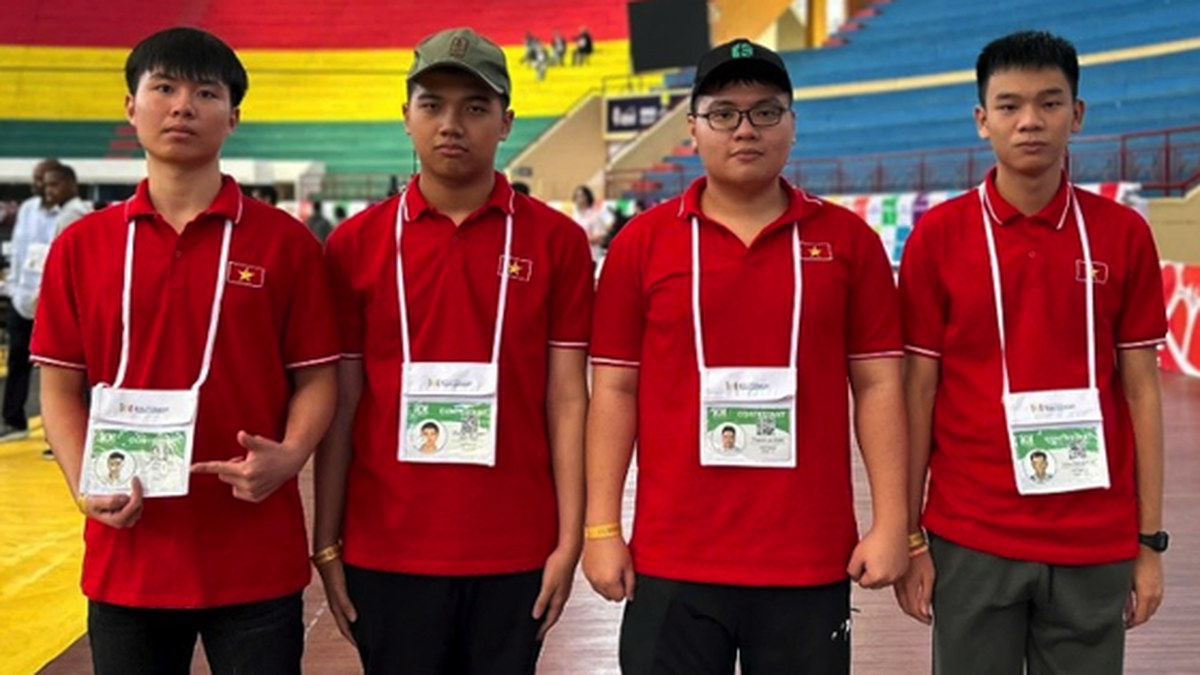
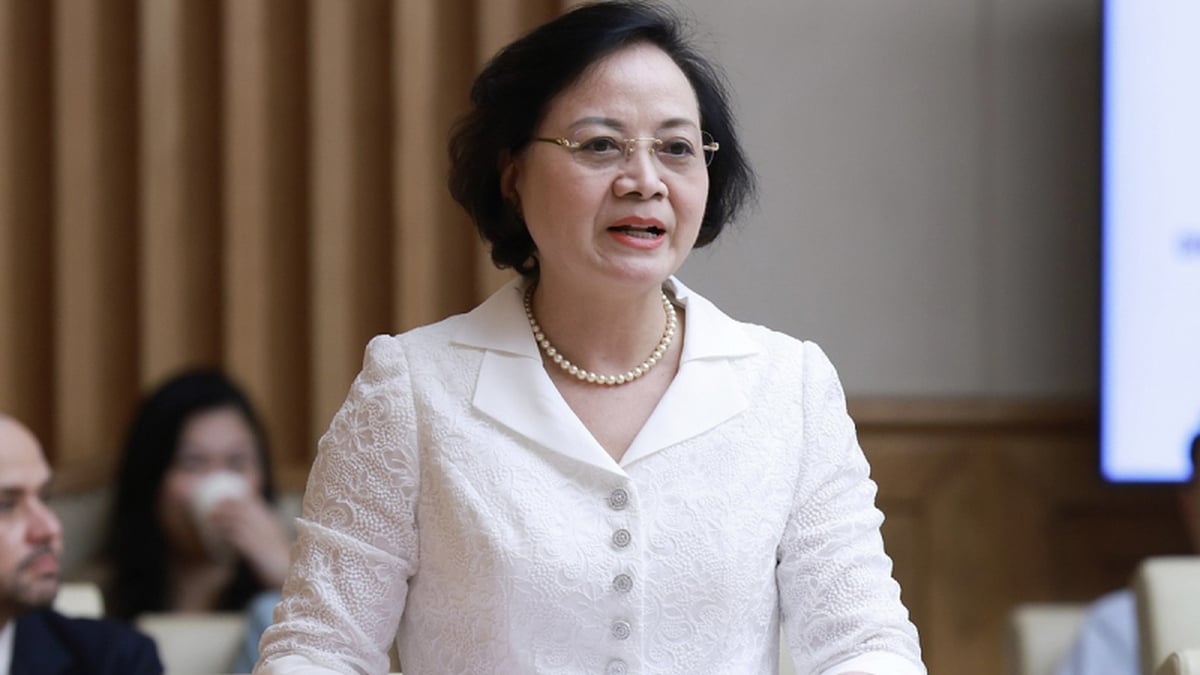

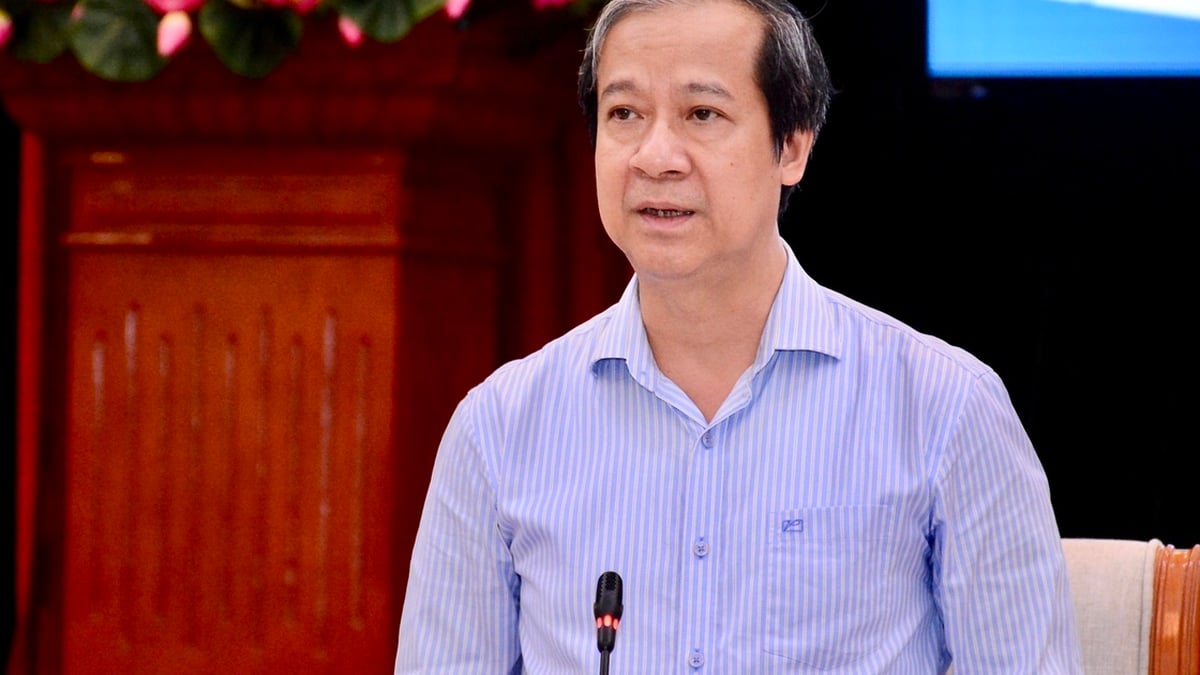
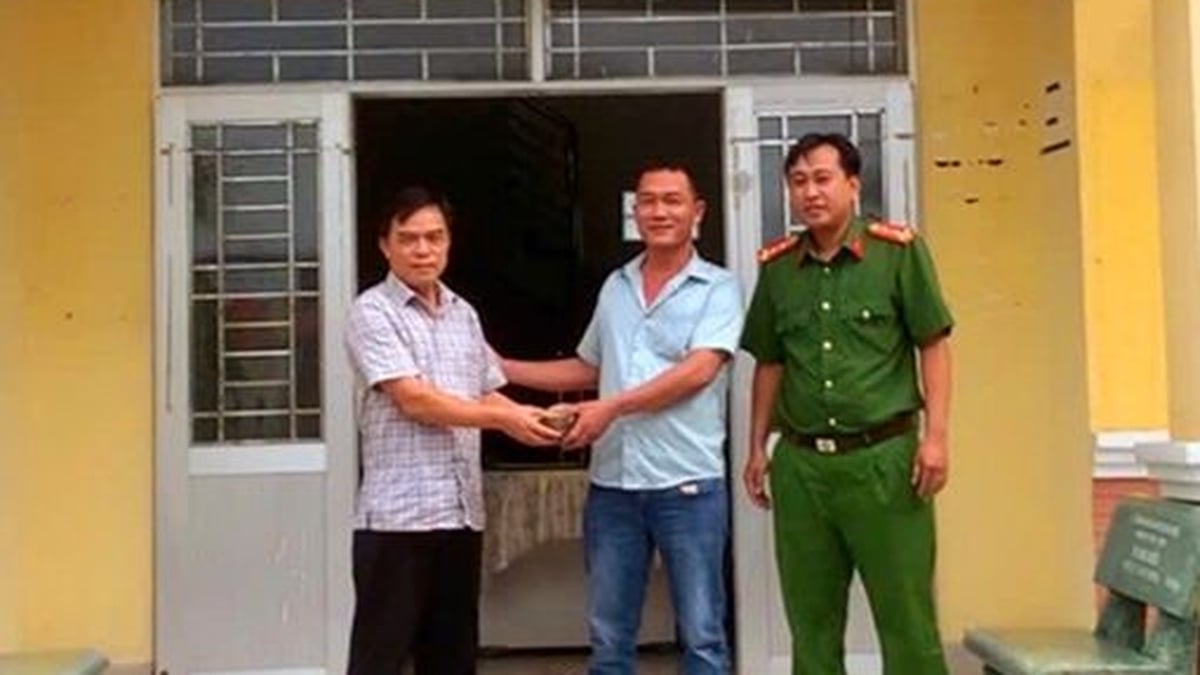



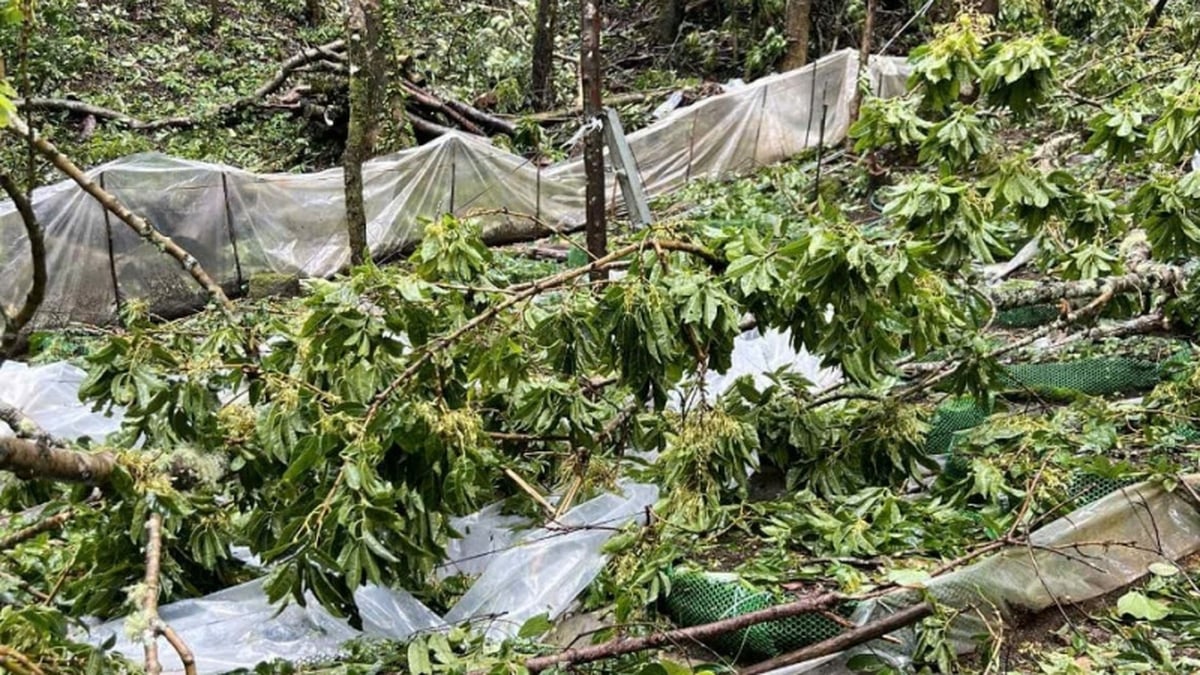






















































































Comment (0)